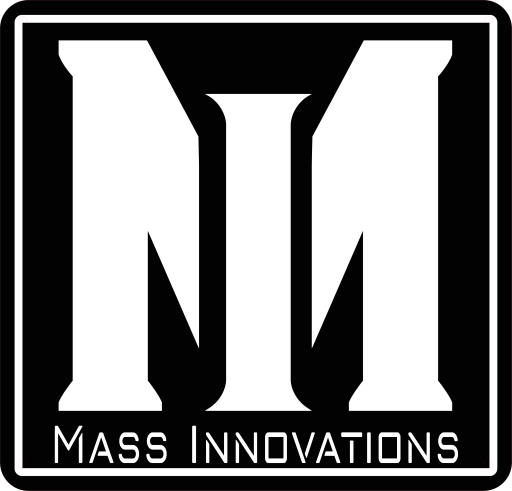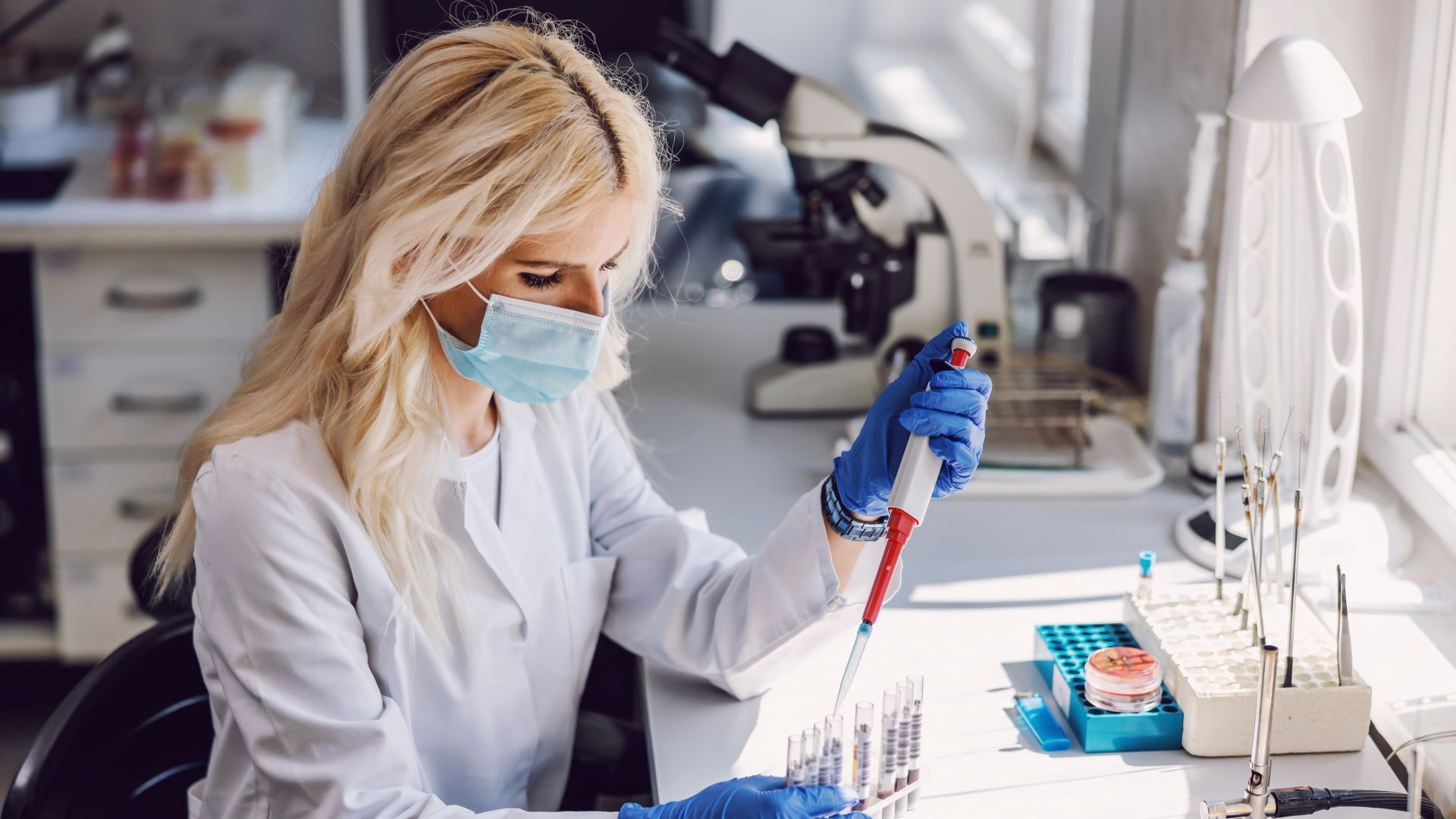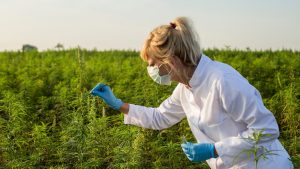Colorado has a robust regulatory framework for cannabis and hemp testing facilities, ensuring that they meet stringent health and safety standards. The state mandates comprehensive testing for a variety of substances including metals, microbiological contaminants, mycotoxins, pesticides, residual solvents, and cannabinoids. These regulations are enforced by the Colorado Department of Public Health and Environment (CDPHE) and the Colorado Marijuana Enforcement Division (MED), which also oversees the certification and operation of these labs (CDPHE) (CDPHE).
Certification and Regulation
To operate legally, labs must acquire certifications that comply with ISO/IEC 17025 standards, demonstrating their capability to produce reliable and accurate test data. This standard assesses various aspects of a laboratory, including its testing methodologies, equipment, and the technical competence of its staff. The process ensures that labs can consistently produce valid results, thus playing a crucial role in consumer safety and product quality assurance.
Political and Regulatory Challenges
The regulation of cannabis testing labs often intersects with local and regional politics, especially regarding the development and enforcement of testing standards. For instance, discrepancies in testing results among labs can lead to calls for more standardized procedures and stricter oversight. Additionally, political debates concerning the use of cannabis and hemp products influence the extent and stringency of testing requirements. Such dynamics can affect the operational scope of these labs and necessitate continual adaptation to evolving regulations.
Impact of Regulations on Labs
The political landscape significantly impacts how labs operate, from changes in cannabis law to adjustments in public health policy. For instance, a lab in Colorado had its potency testing certification suspended due to non-compliance with state-prepared sample processing standards, highlighting the tight regulatory environment in which these labs operate. Such incidents underscore the importance of adherence to established protocols and the potential repercussions of regulatory non-compliance.
Future Outlook
As the industry matures, the role of licensed testing labs is expected to grow, driven by increasing product diversification and a higher demand for quality assurance. This growth is likely to be accompanied by more comprehensive regulations and potentially tighter controls, reflecting both local governmental priorities and broader state-level public health objectives.
For those involved in the cannabis and hemp industries in Colorado, staying informed about the latest regulations and maintaining compliance with all testing requirements are crucial for operational success. The ongoing evolution of regulatory frameworks calls for continuous dialogue among labs, regulators, and industry stakeholders to align standards with best practices and public health goals.



